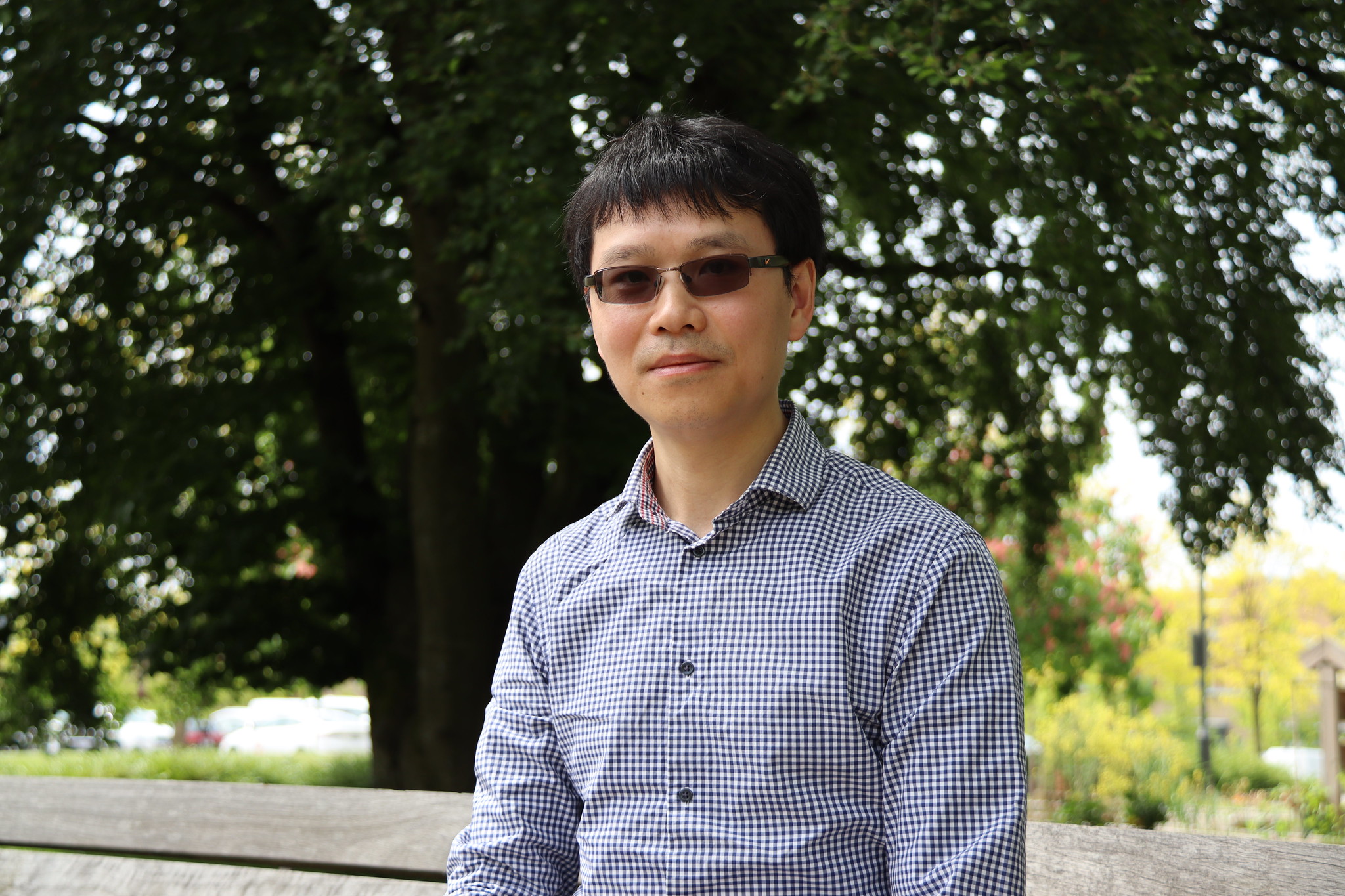Cutting through genomics data noise to improve patients’ lives
October 6, 2022

October 6, 2022

When Dr. Jiarui Ding joined UBC Computer Science in January 2022 as an assistant professor, it was a return to familiar ground—Dr. Ding had already completed his PhD studies as an early computational pioneer in single cell genomics at UBC.
“I hope to make discoveries that can be passed on to future generations,” says Dr. Ding, whose interdisciplinary research in machine learning and biology has the potential to advance discoveries in the context of human health and disease.
Dr. Ding’s research is driven by his desire to improve the lives of patients by identifying the genes and cells that contribute to diseases such as cancer. Very few of the factors about how cell abnormalities contribute to diseases like cancer are understood. Although we know the basic common components and structures of cells—the fundamental units of life—our knowledge of how cells interact with each other to form tissues is more limited.
“There are all kinds of molecules inside a cell, so our data could be high-dimensional,” Dr. Ding says. “The central challenge is to extract biological or biomedical information from these noisy, high-dimensional and large-scale datasets.”
Dr. Ding uses mathematical models and machine learning to wade through vast and ever-increasing biological data generated by the rapidly-evolving biotechnologies to provide the analyses that he hopes will illuminate how biological systems transform in the presence of disease and treatments.
“A better understanding of tissue biology can transform our understanding and treatment of a variety of tissue diseases, such as tumors,” says Dr. Ding who, prior to his UBC appointment, spent five years at the Broad Institute of MIT and Harvard pursuing interdisciplinary research across single-cell genomics, machine learning and computational immunology. “Ultimately, I hope to deliver the right clues to cells in a tissue microenvironment, to help bring the diseased tissue back to normal.”
Dr. Ding grew up in Yibin, one of the least developed regions in southwest China in the 1980s. It was at a time when educational resources and opportunities were very limited in China.
Dr. Ding’s childhood experiences combined with his education in control engineering, computer science and human diseases, give him a unique perspective on teaching and mentoring students.
“As a first-generation scientist, I fully understand how precious the opportunities are for students to be exposed to modern science and technology, and to get the encouragement and build the confidence they need to seek diverse career paths.”
To help other first-generation and early-career scientists to succeed, Dr. Ding plans to organize a lecture series catering to the group. The gatherings will enable them to present their work, and to share their experience as students, scientists and leaders.
“I hope that this series of lectures will help students find examples worth following and provide a platform for the exchange of ideas.”
Dr. Jiarui Ding's faculty profile at UBC Computer Science
Dr. Jiarui Ding's research website
We honour xwməθkwəy̓ əm (Musqueam) on whose ancestral, unceded territory UBC Vancouver is situated. UBC Science is committed to building meaningful relationships with Indigenous peoples so we can advance Reconciliation and ensure traditional ways of knowing enrich our teaching and research.
Learn more: Musqueam First Nation